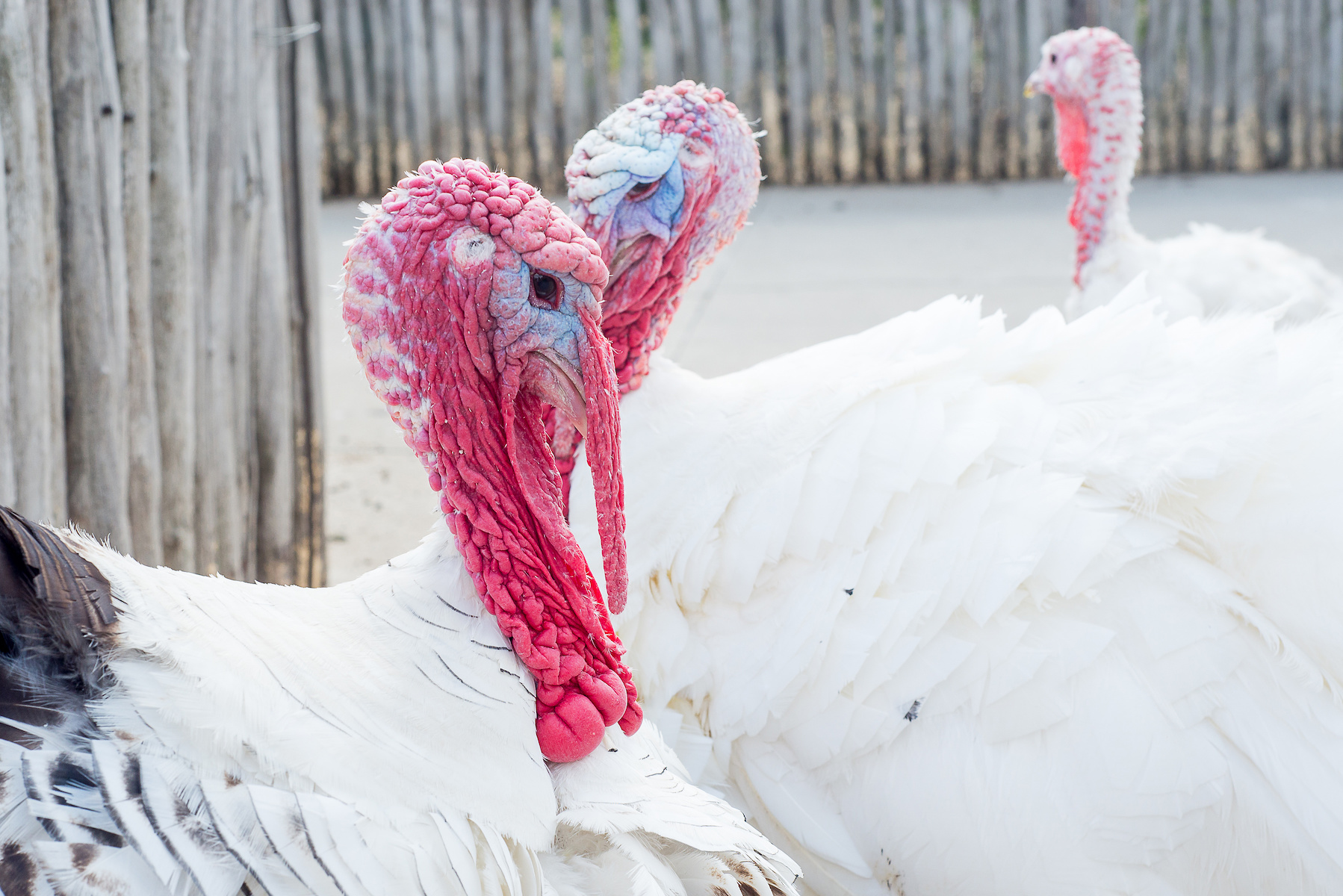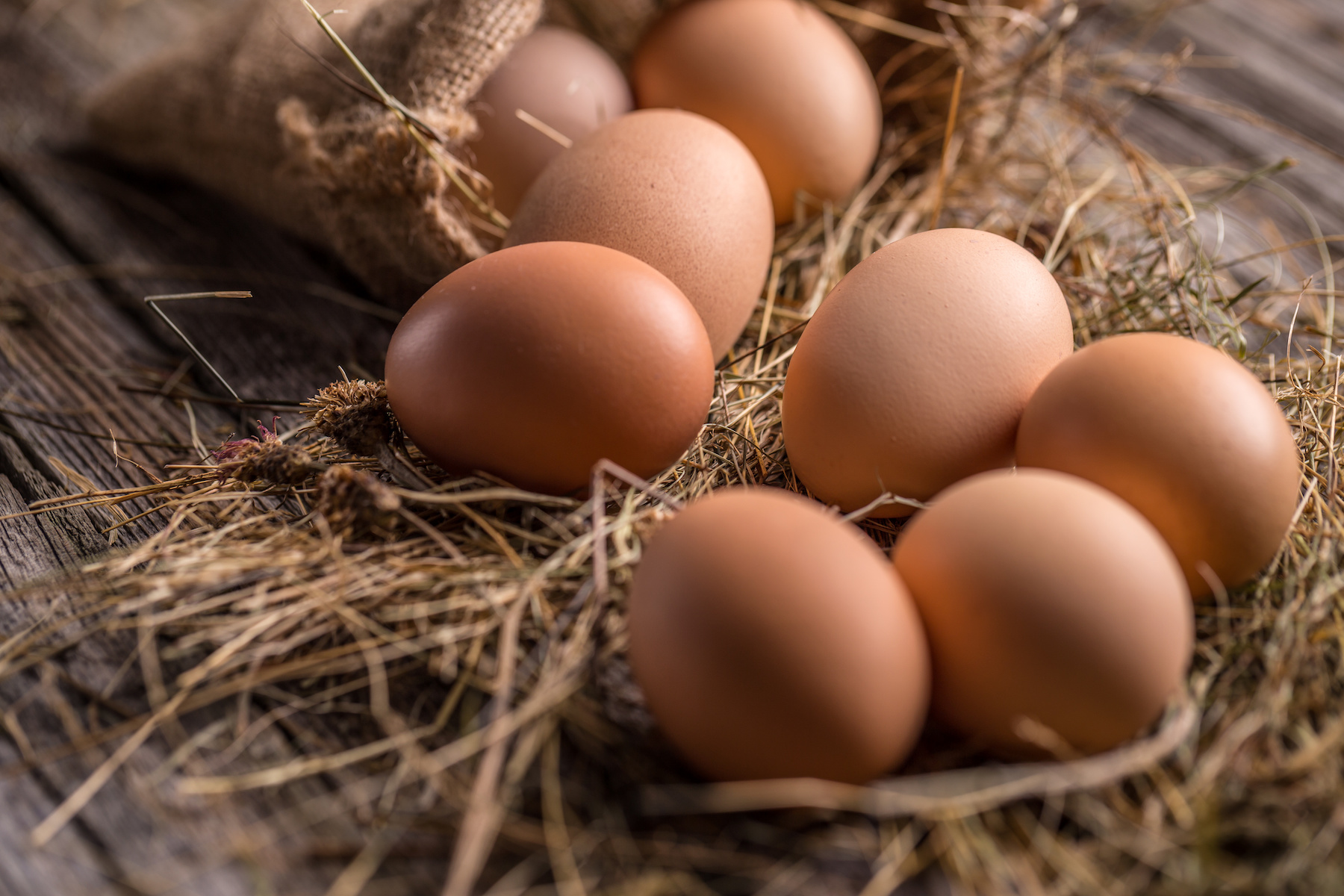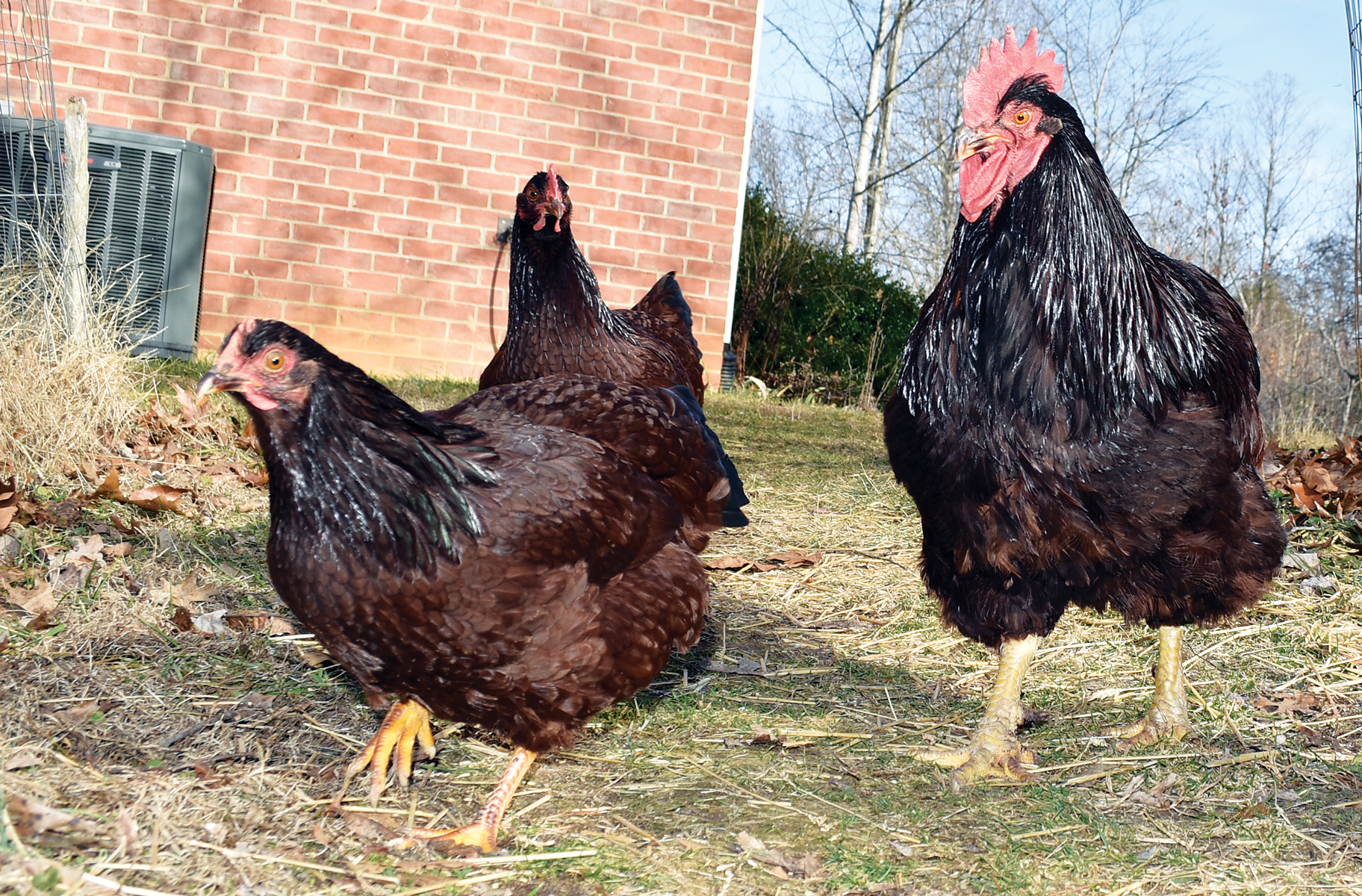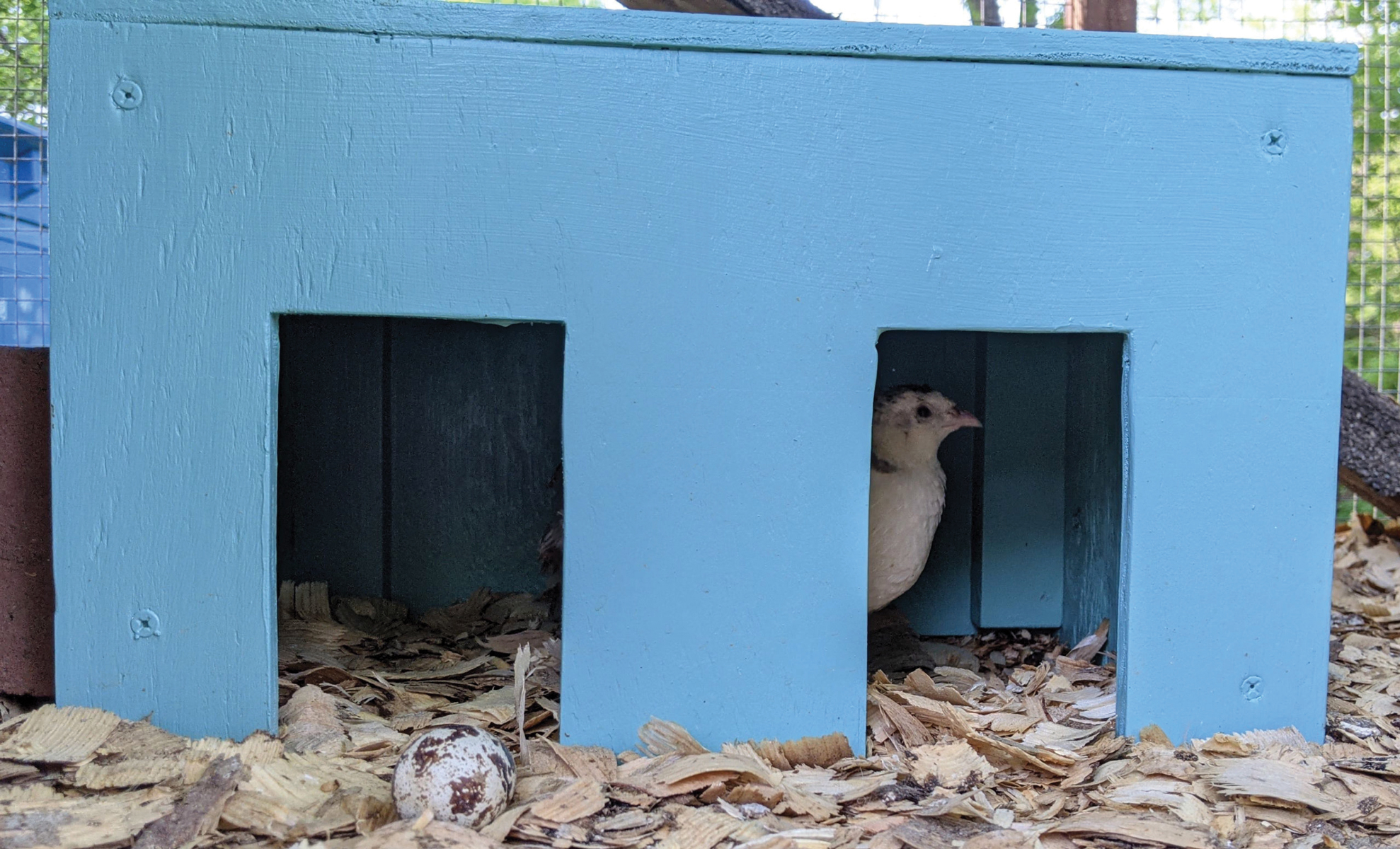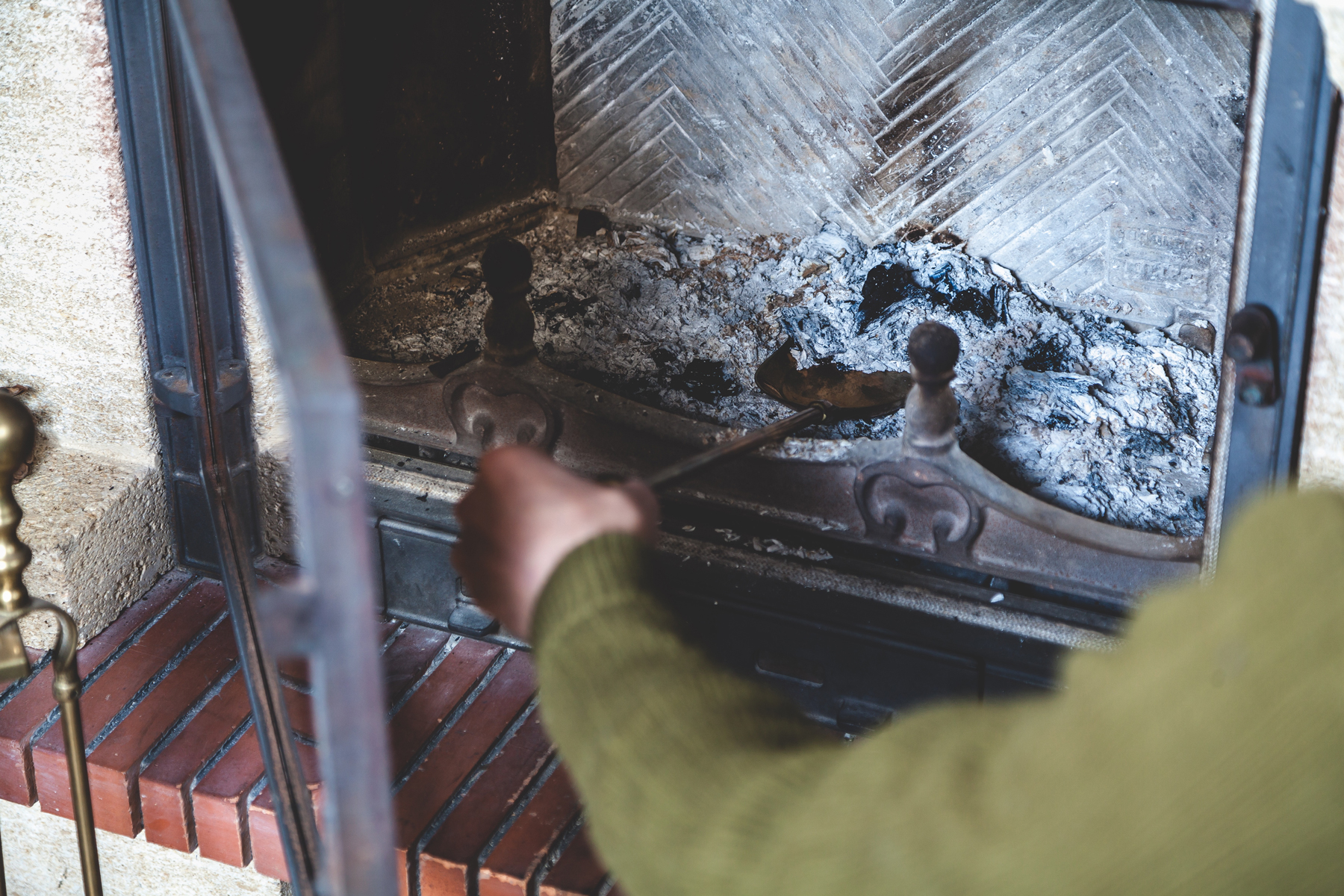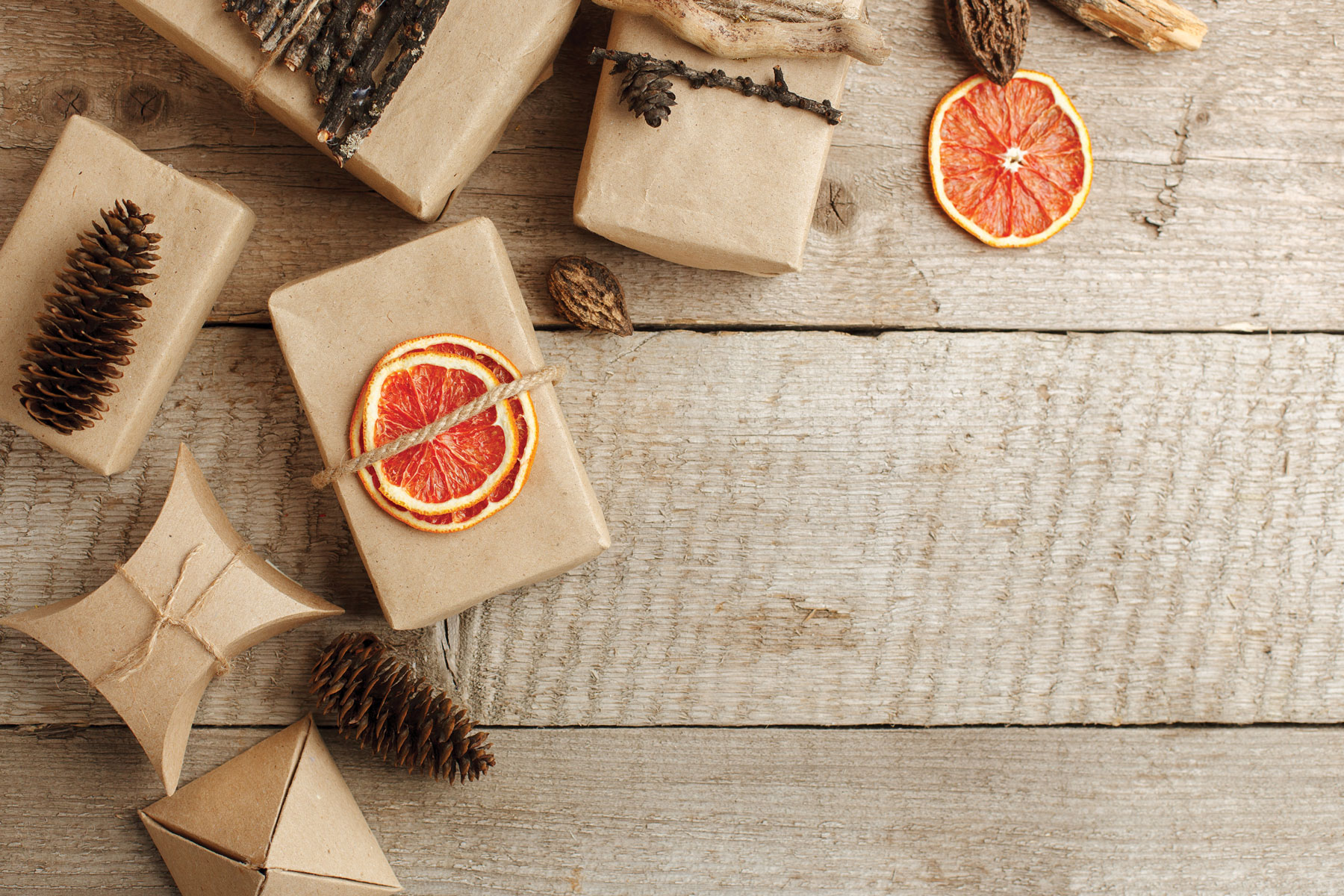Discover tips for making the holidays more sustainable in your home with gift wrap and eco friendly gift ideas.
Thanksgiving, Friendsgiving, Hanukkah, Christmas, Kwanzaa, and New Year’s Eve, or any combination thereof, are times of wonderful celebration, but also times of rampant waste. In fact, holiday waste statistics are shocking.
Statistics for a normal American environmental footprint are grim enough. The average U.S. resident produces nearly 5 pounds of trash per day (compared with the global average of 1.6 pounds per day). The majority consists of paper (23 percent), food (22 percent), and plastics (12 percent), while the remainder (43 percent) is distributed among textiles, wood, metals, glass, and more.
The holidays amplify the problem. Household waste can increase by more than 25 percent from Thanksgiving to New Year’s Day, which amounts to a million extra tons of trash each week. Much of this waste springs from wrapping paper, bows, ribbons, shopping bags, packaging, and food. Surely we can do better.
Tips for Making the Holidays More Sustainable
Moving toward a year-round zero-waste lifestyle requires at least the following two tactics:
- Giving up disposable products and embracing reusable or washable alternatives. This step alone is likely to cut your garbage by a tremendous amount.
- Conducting a waste audit. Literally dump your trash into a pile and see what you’re throwing away. You can’t address your garbage until you know what’s in it. Too many takeout containers? Disposable diapers? Plastic packaging? Whatever makes up your garbage, take the necessary steps to minimize it.
Both principles apply during the holidays as well – arguably more so than at other times of year.
Most people try to create a cozy, wonderful season with their families and feel justified spending money to achieve that goal. But the holidays can be just as lovely with a few tweaks – and with a fraction of the waste.
Gifts. A huge contributor toward increased desire, many gifts are given to fulfill a social obligation rather than a need or want. Packaging, wrapping, bows, ribbons, and cards accompany each gift – all for an item that may be donated to a thrift store or tossed in the garbage.
Thoughtful gift-givers consider a recipient’s needs and preferences to avoid the latest whiz-bang fads. Homemade gifts are a beautiful option, as are gifts of experiences, such as trips, movies, and activities. Cookies, pies, and other homemade foods are almost always welcome. Or, how about a donation to the recipient’s favorite charity?

All it can take is a different mindset: Not everything has to be shiny and new. Items purchased secondhand have obvious environmental benefits in terms of manufacture and packaging. If carefully selected, thrift stores can often provide wonderful toys, household items, and even electronics. Our family favorite is a generous visit to secondhand bookstores, where we each stock up on volumes reflecting our individual tastes in literature. We set our daughter loose in a used bookstore with no budget for her 18th birthday, and she was in heaven.
Wrapping. Americans use wrapping paper – about 8,000 tons of it, the equivalent of 50,000 trees – mostly to disguise gifts. By some estimates, half of all paper in America is used to wrap products!
It’s time to make gift wrapping greener. Why not adopt the Japanese art of wrapping gifts in cloths known as “furoshiki ”? The technique is both beautiful and environmentally kind, and you can reuse the furoshiki fabric over and over. You can view online tutorials for the technique, and the results are so stunning that you’ll wonder why you ever wasted money on wrapping paper.

Simply reusing wrapping paper is also beneficial. According to the Toronto-based environmental organization Clean Air Partnership, 1 ton of recycled wrapping paper is equivalent to the energy of 185 gallons of gasoline. Reusable gift bags are an option, as is putting gifts in pretty jars or thrift-store tins. And, of course, there’s always the option of “brown paper packages tied up with strings,” or newsprint wrapping, which can be recycled.
Decorations. Organic holiday decorations, such as pine boughs and pine cones, berries from local trees and shrubs, and strings of popcorn, are obvious substitutes for commercial items, though you must avoid anything poisonous around children or pets. Additionally, thrift stores are superb sources of tinsel, ornaments, swagging, and other festive expressions.
Cards. Distant friends and relatives may stay in touch with cards once a year, yet the paper can be discarded within moments of opening. Over 2.5 billion Christmas cards are sold each year, and this number doesn’t include unsold cards that are thrown away. It’s enough to fill a football field 10 stories high. If everyone sent one less card, thousands of cubic yards of paper could be saved.
Instead, you can send e-cards with a letter including a summary of your family’s activities and photos from the past year.
Christmas trees. Cut trees clog landfills after the holidays, and most artificial trees aren’t easily recyclable. Alternatives include renting a living tree from a local nursery, or purchasing a living tree and then planting it after the holiday season has ended. (The blue spruce my husband and I planted after our first Christmas together is now 30 feet tall.) To dispose of cut trees, look for a composting program. Or, consider purchasing a secondhand artificial tree from a thrift store. These establishments often feature beautiful artificial trees in the weeks leading up to Christmas. You should hold on to artificial trees to minimize their environmental impact; some experts say their production becomes carbon-neutral only after 20 uses.

Parties. Hosting family and friends during the holidays often means using disposable paper plates and napkins and plastic cups and plastic cutlery for easy cleanup. If you want to minimize waste, bite the bullet and accept that having guests means more work afterward. Most guests won’t be offended if you request assistance with cleanup.

Food waste. If your goal is to reduce holiday waste, scratch cooking creates far less waste than purchasing packaged or deli meals. If your household members are reluctant to eat leftovers, type “leftover recipe generator” into a web search engine for some creative meal ideas based on the ingredients you input. One of our family favorites is “leftover pie,” based on my theory that everything tastes better in a pie crust.
Composting food waste is an excellent way to dispose of organic leftovers. (Experts suggest avoiding meat scraps in composters because they’ll attract animals.) We use a small outdoor two-chamber drum composter to great effect. Apartment dwellers can set up a vermicomposting system.
Plastics. Avoid single-use plastics whenever possible, because they have one of the biggest environmental impacts on the planet.
Reasons for the Season
Factor in the reasons the holiday is important to you. For those with religious persuasions, holidays include a strong faith element. For those with loving families, time and attention are far more important than unnecessary things. If you suffer acrimonious relations with family members, reaching out to others in need is more meaningful than enduring arguments or hardships with blood relatives. For those with financial means, providing assistance to someone experiencing hard times is better than receiving another expensive bauble.
Think back to your own childhood. It may be your most cherished holiday memories didn’t spring from an object you received, but from something you did – for example, playing games, singing songs, making cookies, working in a soup kitchen, helping an elderly neighbor, or volunteering for a charitable event. Try to recapture those warm and fuzzy memories with meaningful activities.
Here are some additional ideas for reducing waste during the holiday season:
Avoid temptation. Be a rebel and buy nothing on Black Friday.
Keep it simple, silly. This is my version of the KISS principle. Don’t let yourself be pressured into perfection at the cost of enjoyment. Societal pressure to make everything about the holiday perfect can ramp up expense, waste, and stress. Focus on fun, inexpensive traditions instead. Make holiday cookies or breads, scour the woods for pine cones and boughs for decorations, and read favorite stories out loud. One of the best gifts children can receive is parental time and attention.
Share the load. Potlucks and cookie swaps divide the burdens of cooking and baking. Singing songs or playing verbal games while washing holiday dishes engages children. No one should be expected to shoulder the burden of nonstop entertainment without assistance, so don’t be a martyr. Ask for help and make it fun.

Challenge friends to a waste-free party. For years, we hosted as many as 30 people in our home as part of a weekly potluck rotation with neighbors. I became a master of waste-free get-togethers by avoiding all things disposable. Nothing says holiday parties have to be different. You’re there to visit with friends, not impress them with expensive gifts or fill your garbage can with disposable dinnerware.
Keep in mind the “fulfillment curve.” This concept weighs money spent to acquire goods against overall satisfaction. A certain amount of cheesecake can fulfill us, but too much makes us sick. Similarly, a certain number of gifts will make children happy, while too many will breed dissatisfaction.
Be generous. Helping others is a great waste-free way to celebrate the holidays. Your garbage collector might cherish a handwritten note and monetary tip thanking them for their service. Your local homeless shelter will welcome financial or material donations. Any senior care facility appreciates volunteer time spent with lonely elderly people. Fulfilling a wish tree request will help low-income families have a better holiday.
Reducing waste is as much a change of mindset as a goal in itself. We have to move away from the notion that happiness derives from things, and instead focus on the pleasures derived from satisfying relationships and experiences.
Happily, it seems waste-free holidays are the wave of the future, with more and more people embracing experiences while turning away from the emphasis on gifts. This is especially the case for the younger generation – an interest partly generated by concern for the planet, but also because they already have an abundance of stuff.
Your celebrations don’t have to be wasteful. Their significance is deepened when waste is reduced and we emphasize the meaning behind the observance.
Patrice Lewis has written about self-reliance and preparedness for almost 30 years. She’s experienced in animal husbandry and small-scale dairy production, food preservation, and more.
